Do you believe yourself to be a wine expert, dear reader? If you know more about wine than “there is a red and a white,” congratulations, you’ve got the makings of a spirit enthusiast! But there’s more to being a wine specialist than knowing if white wine goes with fish or if it is an abomination. Find out if you are a true wine connoisseur by taking this quiz.
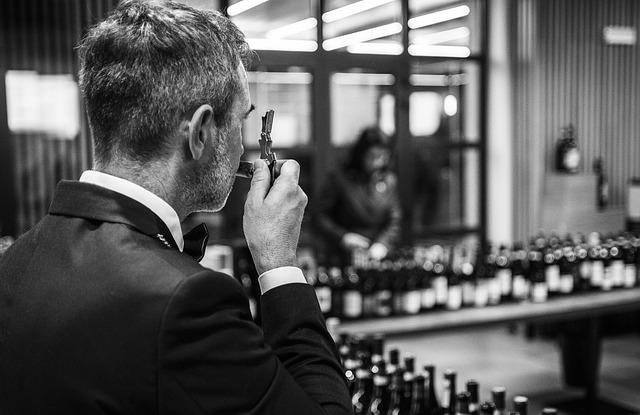
You do not need a diploma or a formal assessment to call yourself a wine connoisseur. Anyone can earn the title of a wine connoisseur, provided they are dedicated to learning about wines. A true wine connoisseur is well-versed in the flavor profiles, aromas, styles, and various regions of wine. They know why it is essential to swirl your glass of wine before tasting and what the “dry mouthfeel” means.
For a wine cognoscente, a bottle of wine is more than that – it is a piece of history, high art, and a complex creation of nature. Being a wine connoisseur does not imply being a pretentious purist. It is about enjoyment and appreciation of what wine has to offer.
Pick a perfect spot for your honeymoon.
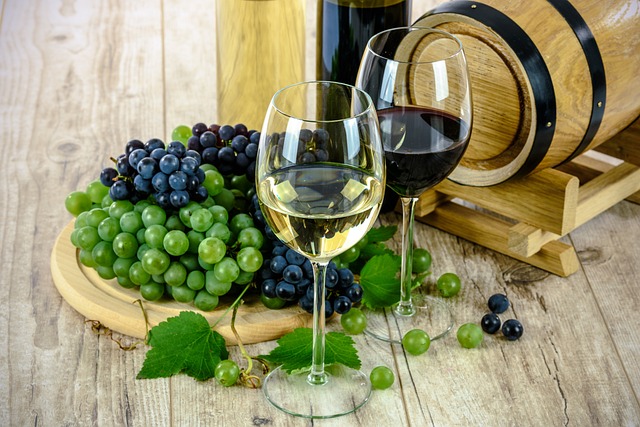
An eager connoisseur might want to advance their knowledge of their field by earning a sommelier certification. A sommelier is someone professionally trained in all things wine. They tend to work in restaurants, wine specialty shops, and similar establishments. If you have ever been in a fancy restaurant, a sommelier might have poured your wine for you. They are in charge of developing wine lists, suggesting wines to guests, and recommending wine and food pairings.
What if you are just really enthusiastic about wine but do not have any wine connoisseur certification? You could call yourself an oenophile – someone who loves wine and probably knows more about it than an average Joe. If you like talking about wine and are the go-to person for your friends for wine recs, you might be an oenophile. You don’t have proper training, but you appreciate a good bottle of wine with all your heart. Well, let us drink to that!

Are you bored? Want to get up to some shenanigans? Why not try a new hobby?
You have to start with a solid knowledge of everything involving wine – winemaking, viticulture (the study of grapes), wine tasting, different wine regions, and all that jazz. Look for online or in-person wine classes and attend wine events. There are numerous books and other materials available to get a good grasp on the subject.
Of course, the best way to learn to distinguish between various flavors and aromas in wines is to taste as many as you can. Consider keeping a wine journal to avoid getting lost in the (wine) sauce. Record the producer, vintage (the year that grapes were harvested), grape variety, your tasting notes, and whatever else feels necessary to note.
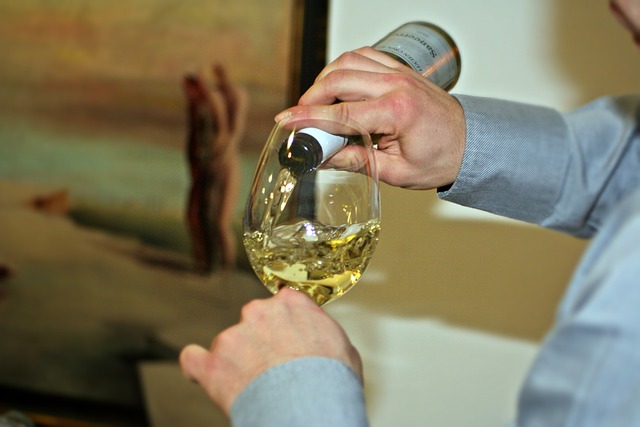
You do not need to get a formal certification if you’re just interested in learning about wines for the sake of learning. That’s fine – you don’t need to pass an exam to enjoy an exquisite bottle of wine! However, if you want to have a career in the wine industry, you can’t do it without professional training.
To work as a sommelier in a restaurant, you should have at least Level 1 certification. What type of credentials you decide to pursue depends on you.
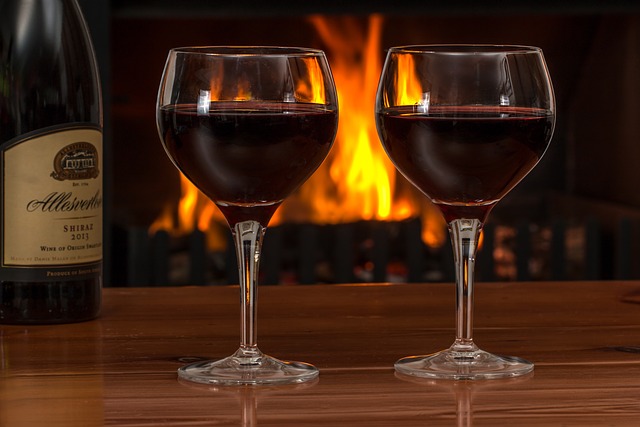
WSET provides education in wine and spirits to aspiring sommeliers and offers a course with four levels. It is a good option if you prefer a traditional classroom setting, although they also have online classes. You don’t need any wine expertise to start with Level 1 – it covers all the basics, such as the main types of wine, how to store and serve wine, and how to make wine and food pairings.
There is an exam with multiple-choice questions after Level 1, and you can proceed to Level 2. It includes blind tasting and live demonstrations and ends with a one-hour multiple-choice test. This level will teach you about grape varieties, major wine producers, sparkling wines, and fortified wines, amongst other things.
Level 3 goes beyond basic information and delves in-depth into topics like leading wine regions, wine laws, the art of winemaking, wine tasting, storing, serving, and labeling. The examination after this level is more advanced and includes a written test and blind tasting of two wines.
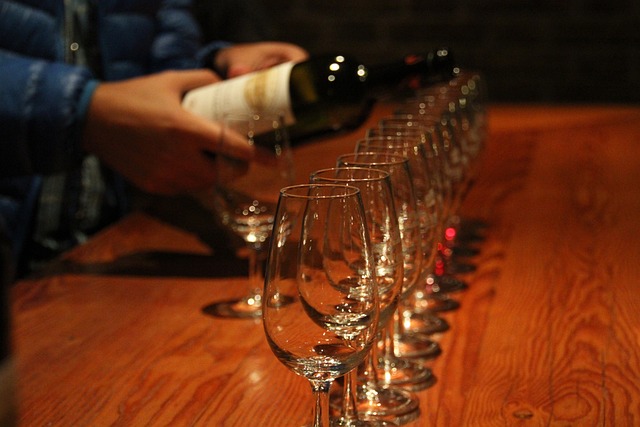
Level 4 is a two-year program for those committed to their sommelier education and designed to prepare you for a job in the alcoholic beverages industry. It covers the study of grapes and winemaking, current production and consumption trends, wine marketing and sale, as well as the world’s wine regions in great detail. There are several tests throughout, including multiple-choice exams, case study essays, and a final one-hour test – practical (blind tasting) and theoretical.

The CMS program also offers four levels progressing in difficulty. You start with the Introductory Sommelier level, a two-day course for anyone working in hospitality, interested in a sommelier career, or just wanting to learn more about wine. It covers the basics of the winemaking process, production, grape varieties, industry regulations, food and wine pairing, and everything else a Level 1 sommelier should know. Passing the exam will allow you to move on to the Certified Sommelier level.
Level 2 is more advanced and expands upon Level 1 knowledge. Through the exam, you will demonstrate your serving skills and proficiency in wine tasting and wine theory. The examination has three parts: blind testing four wines, a written theory test, and a service test (completing various tableside tasks). This step is for you if you already worked in the industry and want to advance your expertise.
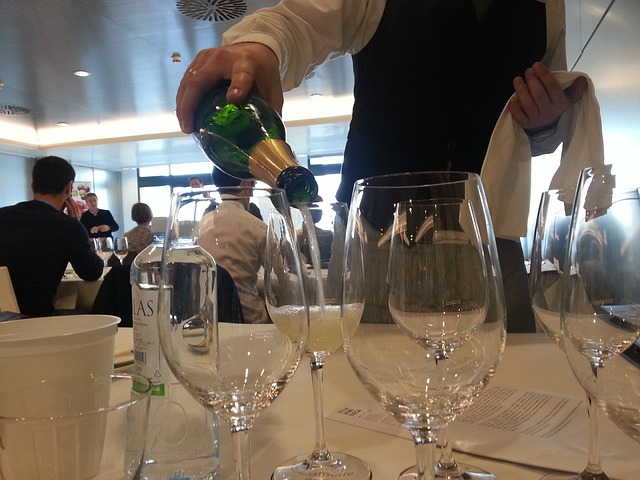
The CMS recommends waiting a year between passing Level 2 and starting the Advanced Sommelier program. This exam is perhaps the most difficult so far. It will test your ability to recognize wines from around the world and create flawless food and wine pairings. There is a theoretical part, verbal tasting, and a practical demonstration of service skills.
If you get through all three levels, you may pat yourself on the back, but it’s not quite over yet. The final level, Master Sommelier, is the most demanding and time-consuming. To pass, you will need to complete a 50-minute oral exam, describe and identify six wines, and demonstrate proper wine service. By 2018, only 274 people in the world managed to earn the diploma. Master Sommelier is the highest distinction in the CMS organization and undisputable proof of your knowledge and abilities.
Tell the whole truth: are you a wine specialist? Get to the quiz and see what you really know about spirits. Are you cut out of a sommelier’s cloth? Let’s see!